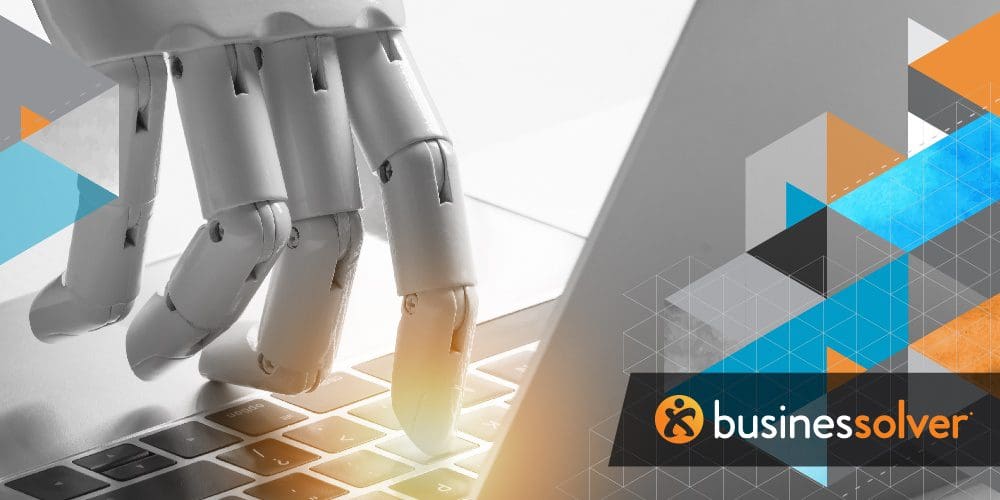Get Educated about AI: Decoder for HR Pros

One of the “big things” in HR and benefits is AI (artificial intelligence).
You’ve likely been hearing a lot about the promise to increase engagement and productivity, and how AI will make your job easier and your position more impactful. Truth is, AI is already here, and it’s likely to become a larger part of your professional life in the future.
It can be challenging to understand where we are and where we are headed without some basic knowledge around AI. That’s why we created a glossary of 9 foundational AI concepts that will help you get better informed. This glossary is based on topics we discussed in our recent webinar — Beyond Binary: 3 Ways to Merge Humanity & Technology. During the session, we talked about some of the concerns and considerations around developing and leveraging AI. And, we shared how our personal benefits assistant, SofiaSM, participated in Annual Enrollment last fall.
One important difference between AI and traditional decision support tools is that AI can effectively “learn” where other technology uses finite if/then data sets to deliver information. Using different inputs, AI can begin to recognize language and sentiment, which means that AI tools can learn and evolve over time. Decision tools certainly still have their place in the HR/benefits arsenal; AI can be an important adjunct.
An example of how AI has already been leveraged successfully in something that touches HR and benefits is robo advising. Here, AI is used to analyze and act on data around finances and investing, at times augmenting the work of financial professionals and, in other cases, supplanting it by handling the lower-level work. Instead of just crunching numbers, financial advisors can concentrate on bigger-picture considerations or unique and complex individual circumstance. And, robo advising means there’s more access to these types of services for a market that previously couldn’t necessarily afford the fees required to have a human expert manage their money.
Think about the questions you get repeatedly from employees who aren’t — and who shouldn’t necessarily be — benefits experts. What if you had an personal assistant to help with those questions, or to provide training? Your employees might be more likely to ask basic questions to a non-judgmental AI tool than in a room full of their peers, potentially increasing benefits literacy over time. Before you begin dreaming about the possibilities, a quick review of our AI glossary just may be in order. Understanding how the technology works will give you better insights into what’s next.
